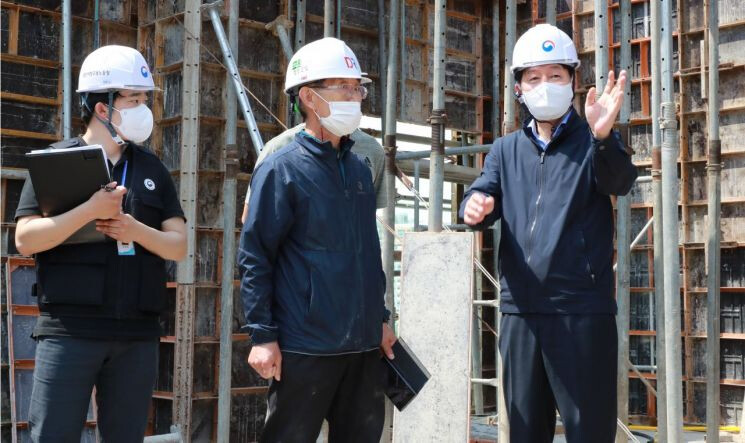
The South Korean government, under the strong leadership of President Lee Jae-myung, is considering new and stringent penalties for companies that repeatedly cause fatal industrial accidents. Measures under review include license revocation, business suspension, and expanded financial penalties for safety violations. This hardline stance, however, is raising concerns among businesses, particularly small and medium-sized enterprises (SMEs), who argue that a focus solely on punishment could be counterproductive.
The Government's New Stance on Industrial Accidents
President Lee Jae-myung recently declared that "workplaces where people go to live should never become places of death." He characterized accidents resulting from inadequate safety measures as "murder through negligence or social murder," emphasizing the need for robust penalties that make safety violations financially painful.
This policy direction is being spearheaded by Vice Minister of Employment and Labor, Kwon Chang-jun. At a recent press conference, he outlined plans to institutionalize tougher penalties by revising the Industrial Safety and Health Act. The proposed changes would:
Expand Economic Sanctions: Introduce fines and administrative penalties for safety and health violations.
Widen the Scope of Penalties: Broaden the criteria for business suspension and bidding restrictions from the current "two or more simultaneous deaths" to "multiple deaths in a year."
Introduce License Revocation: Create new regulations to request the revocation of a construction company's license if a fatal accident recurs after a business suspension request.
In addition to these stricter measures, the government plans to enhance on-site inspections by expanding the workforce and granting local governments authority over labor supervision. They are also considering requiring companies to disclose accident statistics and prevention plans, particularly for subcontractors, to curb the "outsourcing of risk."
The Call for a Balanced Approach
While acknowledging the government's good intentions, the business community, particularly SMEs, believes that a punishment-only approach is not the ultimate solution. These smaller companies often lack the financial resources and manpower to meet strict new regulations, and they warn that such a policy could push safety issues underground.
Experts and industry leaders are advocating for a "two-track approach" that balances stricter enforcement with a stronger focus on prevention. At a recent forum on industrial accident prevention, Professor Jeong Jin-woo of Seoul National University of Science and Technology stated that the most successful countries in accident prevention "are not defined by the severity of their penalties, but by the robustness of their prevention systems." He argued that fostering companies' ability to improve safety on their own is a more effective long-term strategy.
Professor Seo Yong-yoon of Dongguk University echoed this sentiment, suggesting that a strict, regulation-heavy approach will have limited effect on SMEs struggling for survival. He proposed that the government offer incentives and rewards to motivate companies to prioritize safety and create a unified, cross-ministry support system to help them build their safety capabilities.
In conclusion, industry insiders believe that a truly effective strategy would combine stronger penalties for egregious violations with robust, prevention-focused support for businesses. They argue that this approach would not only increase accountability but also foster a culture where companies view investment in safety as a competitive advantage.
[Copyright (c) Global Economic Times. All Rights Reserved.]






























